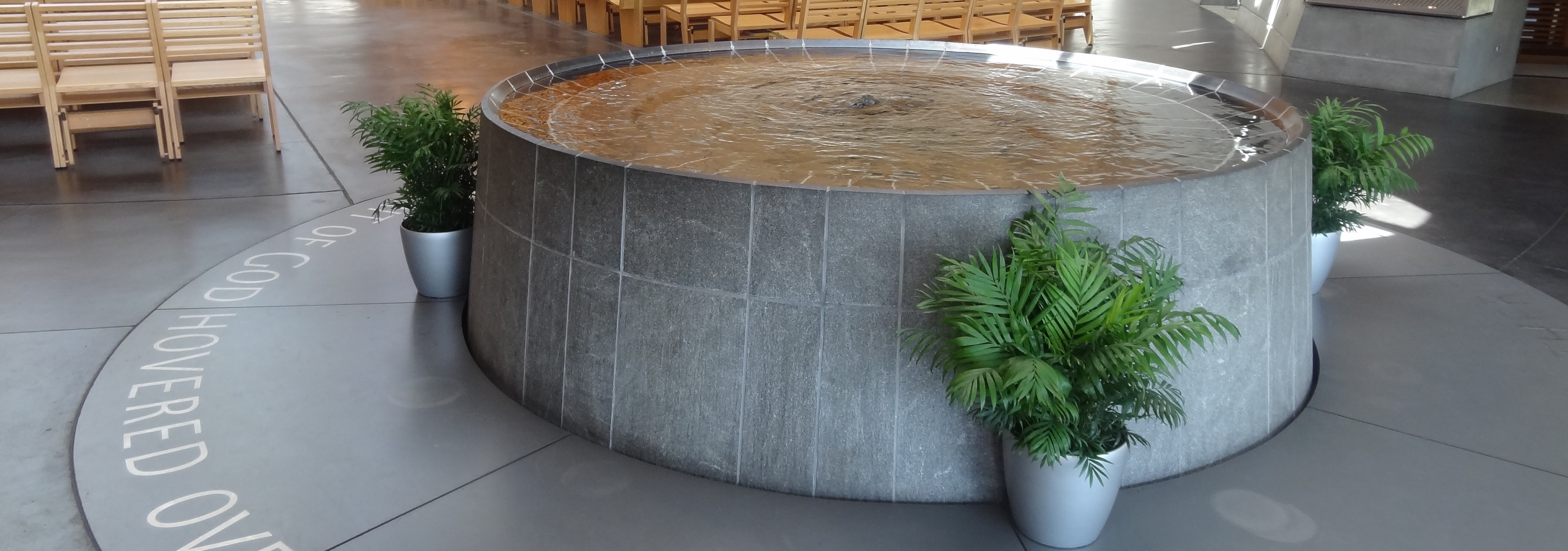Baptism Recognised by the Catholic Church
National Liturgical Council

Any person – ordained or lay, Catholic or not – can be the minister of baptism if they intend to do what the Church does in baptising. Validity does not depend on the worthiness of the minister.
For the Catholic Church, someone is validly baptised when it is celebrated with water in the name of the Father, and of the Son and of the Holy Spirit. The formula does not need to be identical to the Catholic words: I baptise you in the name of…This means that the Catholic Church recognises as valid the baptisms celebrated by Eastern/Orthodox Churches and most of the Protestant Churches. The list is very long but obviously includes the main Churches in Australia such as the Anglican, Uniting, Presbyterian, Methodist, Congregationalist, Lutheran, and Baptist Churches and the Churches of Christ.
The Church does not recognise infant dedication ceremonies as baptism. Some baptisms are doubtful and need to be carefully checked (for example, Seventh Day Adventist rites or those of a Pentecostal group which may have used a unitarian formula). Some communities do not celebrate baptism (for example, the Salvation Army or Quakers). Some groups have rites which have been found to be invalid (for example, Christadelphians, the Church of Jesus Christ of Latter Day Saints [Mormons] or Jehovah’s Witnesses).
Normally, a baptismal certificate should be obtained from the Church which celebrated the rite. If this is not available, to prove that baptism has been conferred… it is sufficient to have either one unexceptional witness or, if the baptism was conferred upon an adult, the sworn testimony of the baptised person (Code of Canon Law, 876). This means that a statutory declaration from a parent, godparent or another witness will suffice.
In cases where genuine doubt persists either as to the baptism or its validity, a person may be baptised conditionally (the minister saying: If you have not already been validly baptised, I now baptise you in the name…). However, for those baptised in a non-Catholic ecclesial community, conditional baptism should not be used unless there is a serious reason for doubt (Code of Canon Law, 869).
For an extensive list of communities with valid or invalid baptism, seeCatholic Diocese of Maitland-Newcastle, The Ministry of Christian Initiation: Pastoral Guidance for the Rite of Baptism for Children (2013-2023).
